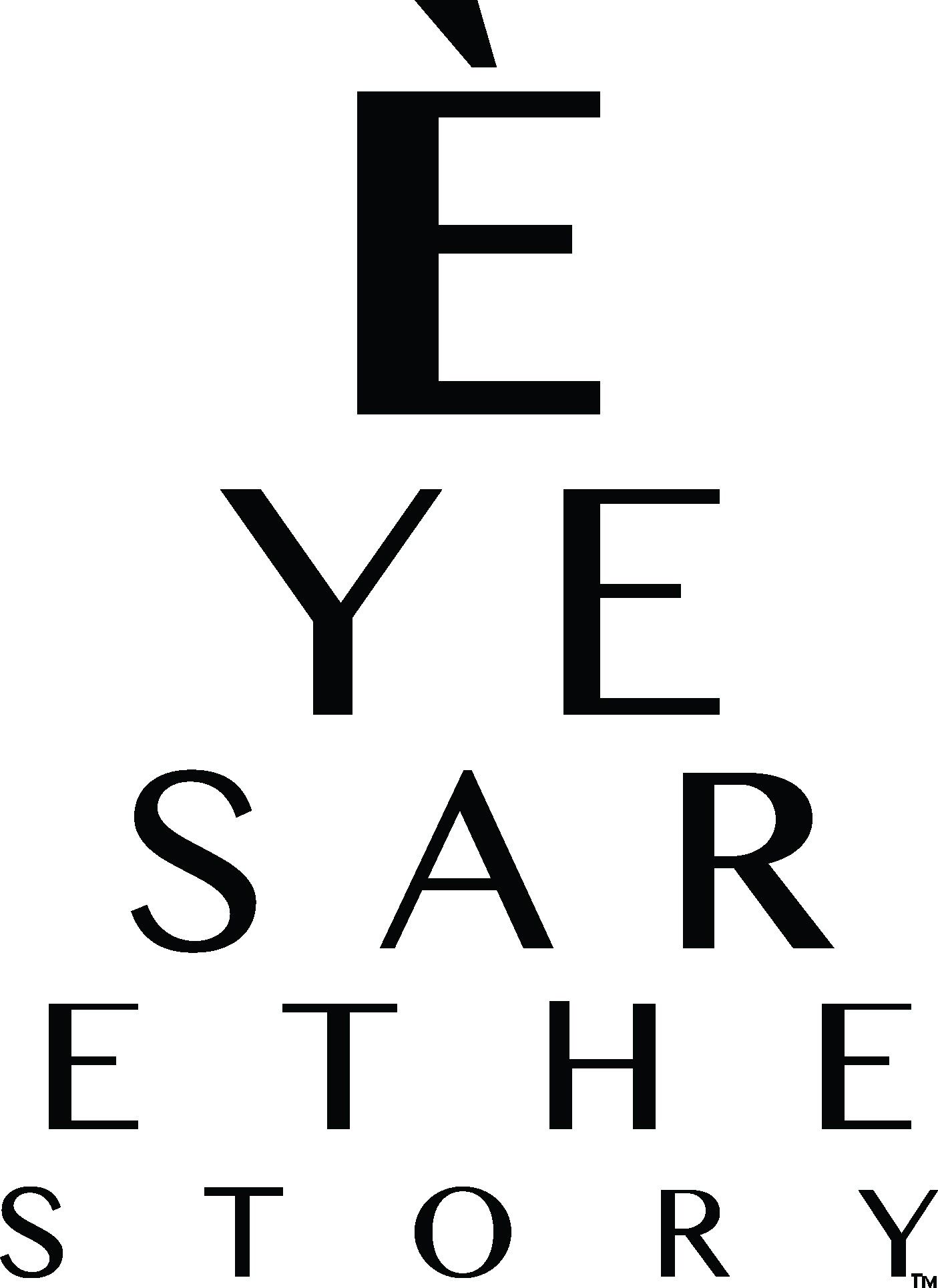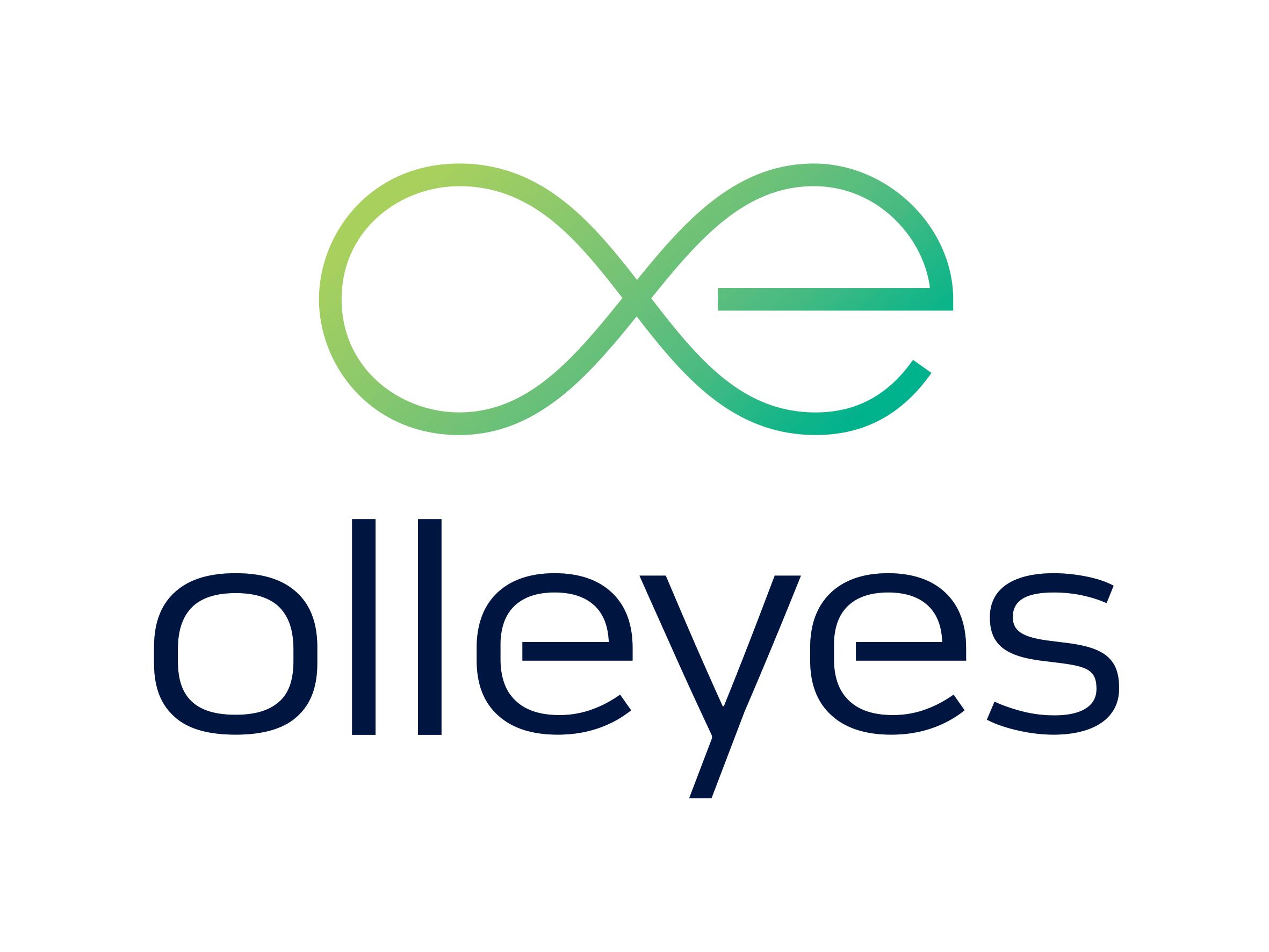Giorgia Project Uganda - FEB31st

The reason FEB31st exists is because of an obsession to find a more sustainable future for eyewear manufacturing. All FEB31st frames are fully sustainable, produced only to order with no stock inventory using wood from FSC approved plantations only. In the manufacturing process, there is no unnecessary use of materials or resources with zero waste. All production off-cuts are used to heat the factory.
In FEB31st's constant search for improvements they came across what they believe could be the single most important possibility for sustainable eyewear production to date and they feel it can change our industry mentality for good.
FEB31st discovered a project in Uganda, a country that has suffered from political instability, devastating atrocities such as kidnapping, mass executions and poverty but despite this a ray of hope still shines.
In a slum of Kampala the women of Kireka in their desperation to survive and protect their children, have found away to harvest bark from the Fiscus Natalensis tree which after a slow pummelling process can be used to produce a bark like cloth/ material that can be traded as a currency.
The harvested bark, shaved from the tree regenerates every 5 years and can be gathered for approx 40 years where after the tree is allowed to enjoy its retirement in peace.
FEB31st have agreed to use this material to produce eyewear with a very important story to tell. It is not just about protecting the planet, proceeds from this material allow the community of Kireka to build schools and medical centres and protect their childrens future.
In FEB31st's constant search for improvements they came across what they believe could be the single most important possibility for sustainable eyewear production to date and they feel it can change our industry mentality for good.
FEB31st discovered a project in Uganda, a country that has suffered from political instability, devastating atrocities such as kidnapping, mass executions and poverty but despite this a ray of hope still shines.
In a slum of Kampala the women of Kireka in their desperation to survive and protect their children, have found away to harvest bark from the Fiscus Natalensis tree which after a slow pummelling process can be used to produce a bark like cloth/ material that can be traded as a currency.
The harvested bark, shaved from the tree regenerates every 5 years and can be gathered for approx 40 years where after the tree is allowed to enjoy its retirement in peace.
FEB31st have agreed to use this material to produce eyewear with a very important story to tell. It is not just about protecting the planet, proceeds from this material allow the community of Kireka to build schools and medical centres and protect their childrens future.
Categories
- Sustainable Frame of the year






.jpg)

)
)
)
.png/fit-in/1280x9999/filters:no_upscale())


)
)
)
)

)
)
)
.png/fit-in/1280x9999/filters:no_upscale())
.jpg/fit-in/1280x9999/filters:no_upscale())
)
.jpg/fit-in/1280x9999/filters:no_upscale())
)
)



)
)
)
.jpg/fit-in/1280x9999/filters:no_upscale())
)
)
.jpg/fit-in/1280x9999/filters:no_upscale())
)
)
)
)
)
)
)
.jpg/fit-in/1280x9999/filters:no_upscale())
)
)
.jpg/fit-in/1280x9999/filters:no_upscale())


)